If you’re considering starting a vending machine business in New Jersey, one of your first questions is likely: “Do I need a permit for a vending machine in NJ?” The answer isn’t always straightforward, as requirements vary depending on what you’re selling and where you plan to operate. This comprehensive guide will walk you through everything you need to know about vending machine permits, licenses, and regulations in the Garden State.
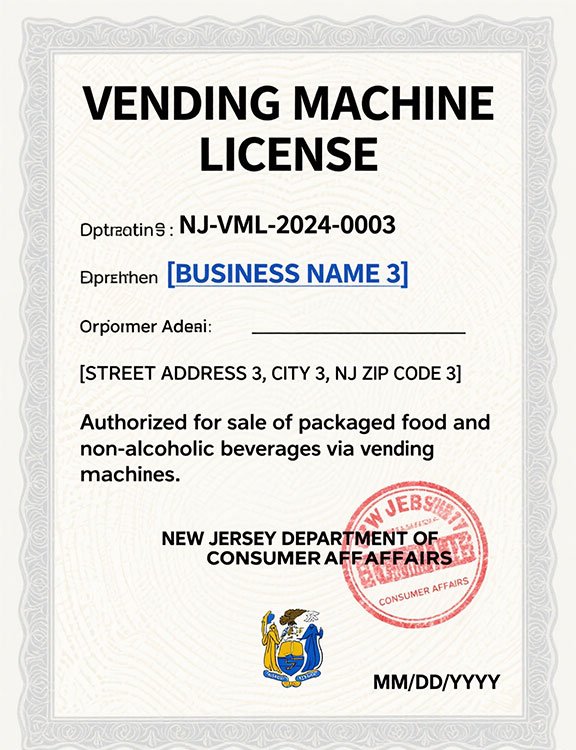
Example image: Vending machine license
Understanding Vending Machine Regulations in New Jersey
New Jersey has specific requirements for vending machine operators, designed to ensure public health and safety while maintaining proper tax collection. Whether you’re operating a cotton candy vending machine, snack machine, or other types of vending machines, understanding these regulations is crucial for legal operation.
Types of Vending Machines That Require Permits
Not all vending machines require permits in New Jersey. The need for permits primarily depends on:
- Food items: Machines selling perishable food require health department approval
- Location: Machines on public property often need additional permits
- Product type: Certain items like tobacco or alcohol have special requirements
- Business structure: Corporations may need different documentation than sole proprietors
Required Permits and Licenses for Vending Machines in NJ
1. New Jersey Business Registration
All vending machine operators must register their business with the State of New Jersey. This includes:
- Registering your business name
- Obtaining a tax identification number
- Registering for sales tax collection
2. Local Health Department Permit
If your vending machine sells food or beverages (including prepackaged items), you’ll need approval from the local health department where the machine will be located. Requirements typically include:
- Machine inspection
- Proof of proper food handling procedures
- Payment of annual permit fees
3. Sales Tax License
New Jersey requires vending machine operators to collect and remit sales tax on taxable items. You must:
- Register with the New Jersey Division of Taxation
- File regular sales tax returns
- Keep detailed records of all sales
Municipal vs. State Requirements
Vending machine regulations in New Jersey operate on two levels:
| Requirement | State Level | Municipal Level |
|---|---|---|
| Business Registration | Required | Not required |
| Health Permits | Not required | Required (for food/beverage) |
| Sales Tax | Required | Not required |
| Location Permits | Not required | Often required |
Special Considerations for Different Vending Machine Types
Food and Beverage Machines
Machines selling food items face the most stringent regulations. For operators considering cotton candy machines or other food vending options, additional requirements may include:
- ServSafe certification for operators
- Temperature monitoring for refrigerated items
- Allergen labeling
Non-Food Vending Machines
Machines selling non-food items like cell phone cases or toys typically have fewer regulatory requirements but may still need:
- General business licenses
- Sales tax registration
- Location agreements with property owners
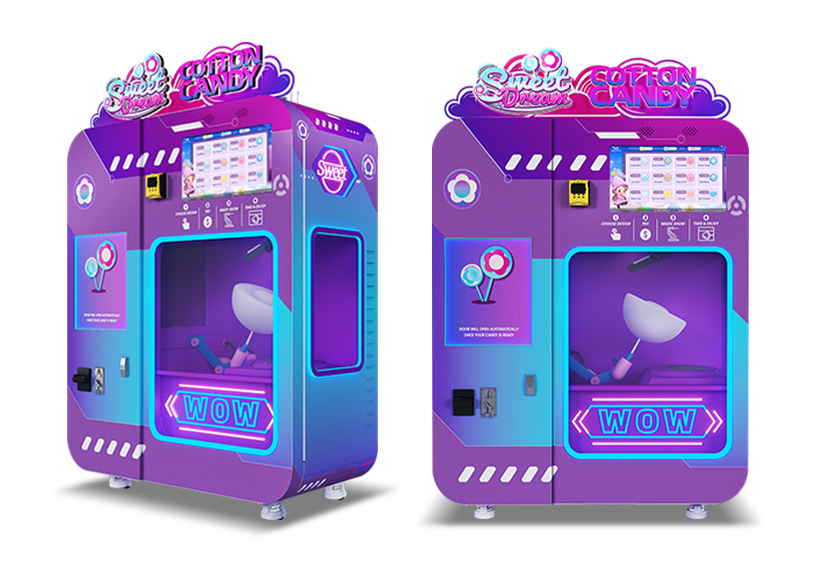
How to Apply for Vending Machine Permits in New Jersey
The application process varies by municipality, but generally follows these steps:
- Register your business with the State of New Jersey
- Contact the local health department (for food/beverage machines)
- Complete required applications and pay fees
- Schedule any necessary inspections
- Receive your permits before operating
Companies like Wider Matrix, a global leader in vending machine technology, often provide guidance to customers about local regulations for their machines, including the popular WM980 cotton candy vending machine.
Cost of Vending Machine Permits in New Jersey
Permit costs vary significantly across New Jersey municipalities. Typical fees include:
- Business registration: $50-$150
- Health permit: $100-$300 per machine
- Sales tax license: No fee
- Local business license: $50-$200
Maintaining Compliance After Getting Your Permit
Once you’ve obtained your permits, you’ll need to:
- Renew permits annually (most expire December 31)
- Keep machines clean and in good repair
- Maintain proper sales tax records
- Display permits visibly on or near each machine
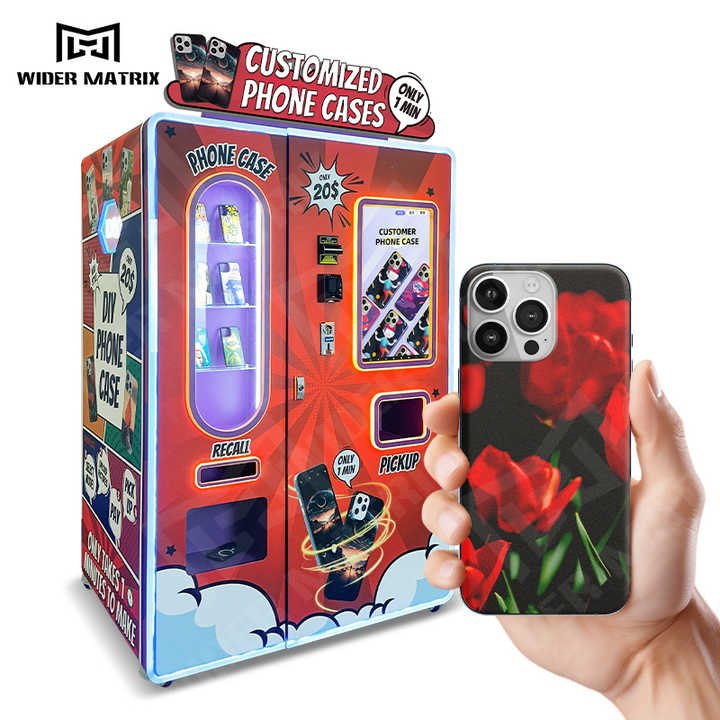
Conclusion
Navigating New Jersey’s vending machine permit requirements doesn’t need to be overwhelming. By understanding what’s required for your specific machine type and location, you can ensure full compliance while building a profitable vending business. Whether you’re considering traditional snack machines or innovative options like Wider Matrix’s automated solutions, proper permitting is the foundation for long-term success. Remember to check with local authorities for the most current requirements, as regulations can change.
For operators looking for reliable, regulation-compliant vending machines, global manufacturers like Wider Matrix offer technologically advanced solutions backed by extensive support. Their expertise in international standards makes them a valuable partner for navigating local requirements while delivering quality machines that meet customer demands.

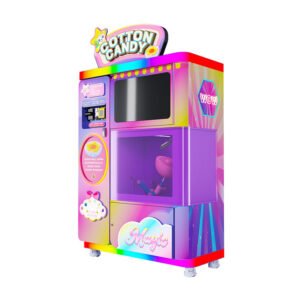

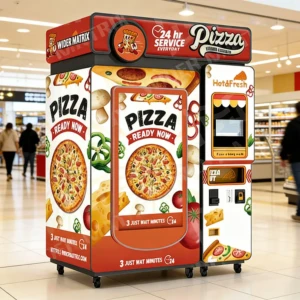
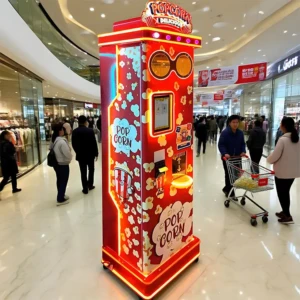

Comments
No comments yet. Be the first to comment!